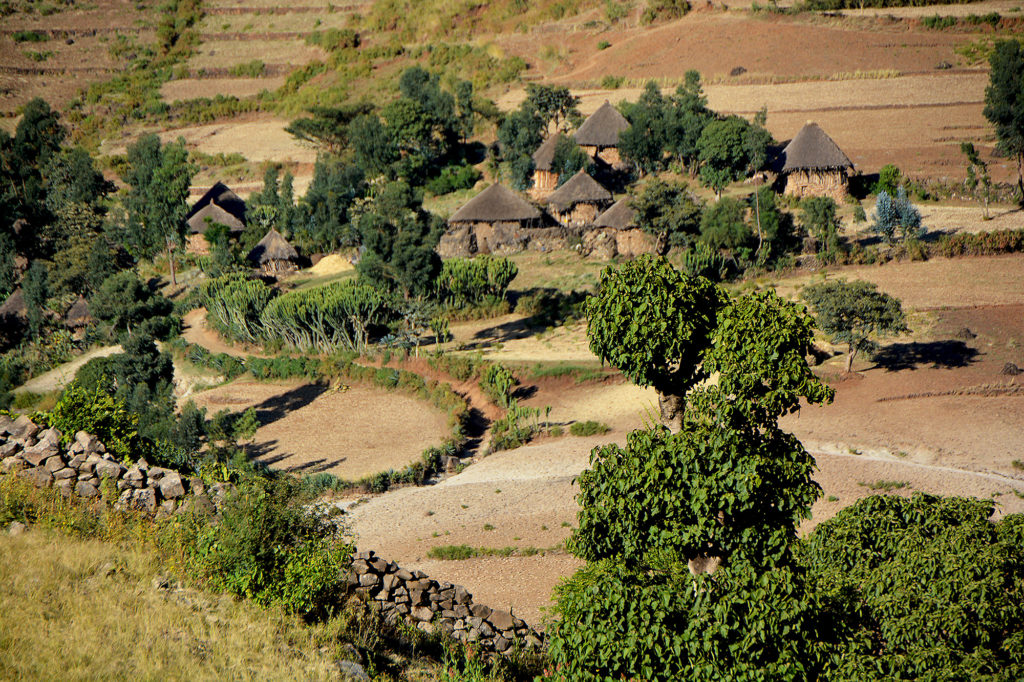
NRECA International has been awarded a contract with the African Development Bank to study the feasibility of creating full-service electric cooperatives that could bring power to tens of thousands of households in Nigeria and Ethiopia.
A three-person team led by NRECA International senior engineer Nick Allen will head to both countries this month to meet with government officials to evaluate how co-ops could play a greater role in expanding electricity service for rural communities. The study, which will be finished in May, is part of the bank’s effort to achieve universal access to electricity throughout its member countries by 2025.
Currently, only about half of the 30 million households in Nigeria have electricity and only about a quarter of the 22 million households in Ethiopia have power, said Dan Waddle, NRECA International senior vice president.
If those nations ultimately decide to develop co-ops and do so successfully, it could help bring power to as many as 100,000 households in Nigeria and as many as 75,000 households in Ethiopia over the next five years, Waddle estimated.
Both nations have electric co-ops, but they are limited in scope and are not full-service co-ops that own and operate power system infrastructure, purchase power and commercialize it to their members, he said. Instead, in Nigeria, co-ops provide billing and collection services on behalf of larger private distribution companies. In Ethiopia, co-ops manage the expansion of solar home systems.
“The electric cooperative business model is effective and operational in many developing countries around the globe,” Waddle said. “We look forward to working with the African Development Bank to leverage our shared knowledge as we explore the best way to help them achieve their development goals.”
NRECA International has helped develop and establish more than 250 electric cooperatives worldwide, Waddle said. Much of NRECA International’s work has been done in the Philippines, Bangladesh and Latin America.
“The Bank looks forward to working with NRECA International to execute the study, and to leveraging their experience in electric cooperative business models to pave the way for the implementation of transformational pilot projects across Africa,” said Batchi Baldeh, director of power systems development for the African Development Bank.
Erin Kelly is a staff writer at NRECA.